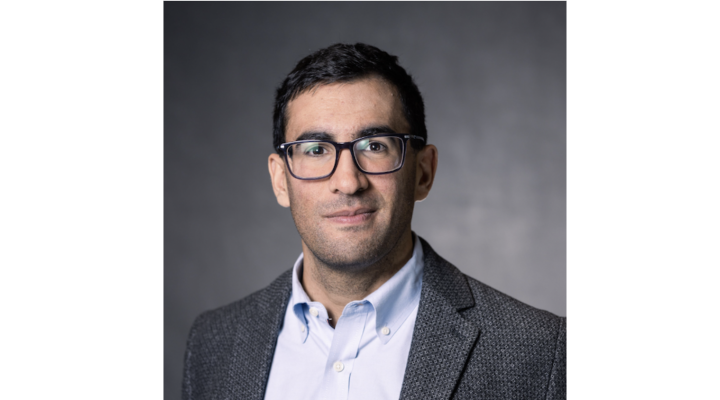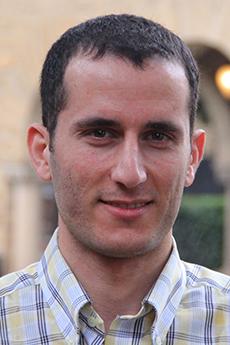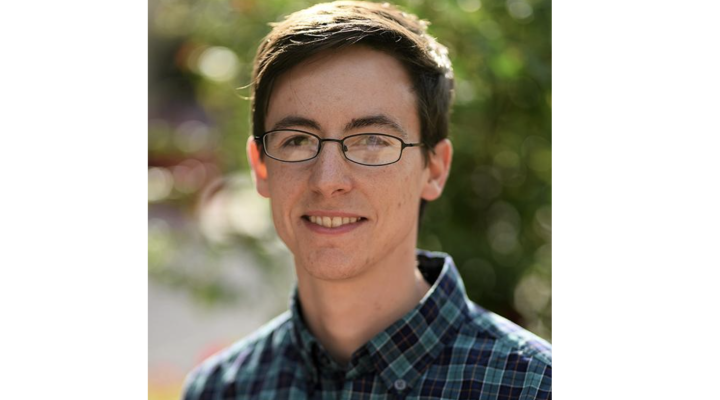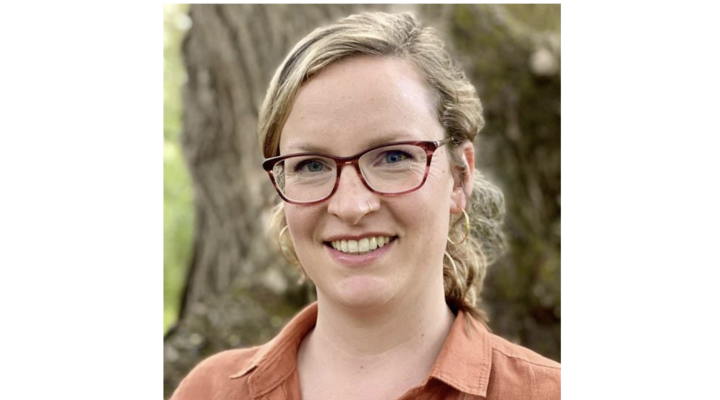There were signs early in Mahdi Esmaily’s life that he might end up a mechanical engineer. Growing up in Tehran, Iran, Esmaily’s neighborhood often had buildings under construction. “It was always fun for me to go and watch the heavy equipment, asking questions of engineers about why mechanical linkages are designed the way they are” says Esmaily. “Also, my father was always going to the library to learn things and he encouraged me to do the same. My older brother would bring math problems home from school and challenge me to solve them.”
Add to this mix a soldering iron that Esmaily would use to fabricate things out of scrap metal, and you have a budding mechanical engineer.
Today, Mahdi Esmaily is an assistant professor at the Sibley School of Mechanical and Aerospace Engineering at Cornell. His research at Cornell is focused on the study of emerging applications in cardiovascular mechanics and biological flows as well as on development of computational techniques for such problems.
Cardiovascular disease is the biggest killer in the United States today. In addition to the human cost, there is also an enormous financial cost associated with the prevalence of heart disease. Some experts estimate the cost of cardiovascular disease in the United States will reach a $1 trillion by 2030. Mahdi is working to build high-fidelity predictive tools that can be applied to the study of cardiovascular diseases and contribute toward improving current treatment methods and surgical techniques.
After earning his undergraduate and Master’s degrees in mechanical engineering at Tehran’s Sharif University of Technology, Esmaily moved to San Diego, where he earned his Ph.D. in mechanical engineering with a specialty in computational science from the University of California-San Diego. In 2014 he won the Outstanding Graduate Student Award from the MAE department.
At UC-SD Esmaily began to focus on computational modeling. “The governing equations of fluid motion are universal,” says Esmaily. “I used that fact to model blood flow through the cardiovascular system and predict how a conventional cardiac operation can be improved.”
Esmaily managed to improve what had been a trial-and-error process for surgeons operating on children with heart failure, where they had to decide about the size and insertion points and angles of a synthetic vessel inserted during the surgery. “Can we use engineering predictive tools to replace or at least inform clinical trial-and-error?” asks Esmaily. This is the question that underlies Esmaily’s research.
As an undergraduate student Esmaily gained some experience working to fabricate new devices. The experience helped convince him that he should pursue an academic career. “As an academic,” says Esmaily, you get to follow your own interests and work on your own ideas. This is not often true in industry.” After earning his Ph.D. in 2014, Esmaily moved on to a postdoctoral fellowship at the Center for Turbulence Research at Stanford. He held the fellowship for three years and then started at Cornell in January, 2018.
For Esmaily, deciding to come to Cornell was an easy choice. “The fluid mechanics program at Cornell is historically one of the strongest in the nation,” says Esmaily. “The people in the department have been very friendly and helpful. And I have some existing collaborations with researchers at Cornell Weill Medical.” Esmaily plans to use computer models to simulate and optimize an artificial heart. He will also create multi-scale models of red blood cells. With this work he hopes to reduce the risk of cardiac failure, arterial fibrillation, coronary occlusion, and stroke.
Esmaily will be teaching a class in computational fluid dynamics in the Spring 2018 semester.





